Four Ways to Help Kids Cope With the Uncertainty of the New School Year
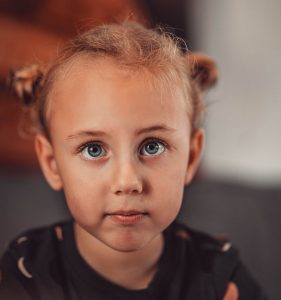 While some students thrived during distance learning in the spring, many others struggled with the format or with other challenges, such as concerns about safety, family finances or health. Whatever form school takes, here are four ways parents and educators can help children cope with change and uncertainty as we face the new school year. Read more ›
While some students thrived during distance learning in the spring, many others struggled with the format or with other challenges, such as concerns about safety, family finances or health. Whatever form school takes, here are four ways parents and educators can help children cope with change and uncertainty as we face the new school year. Read more ›
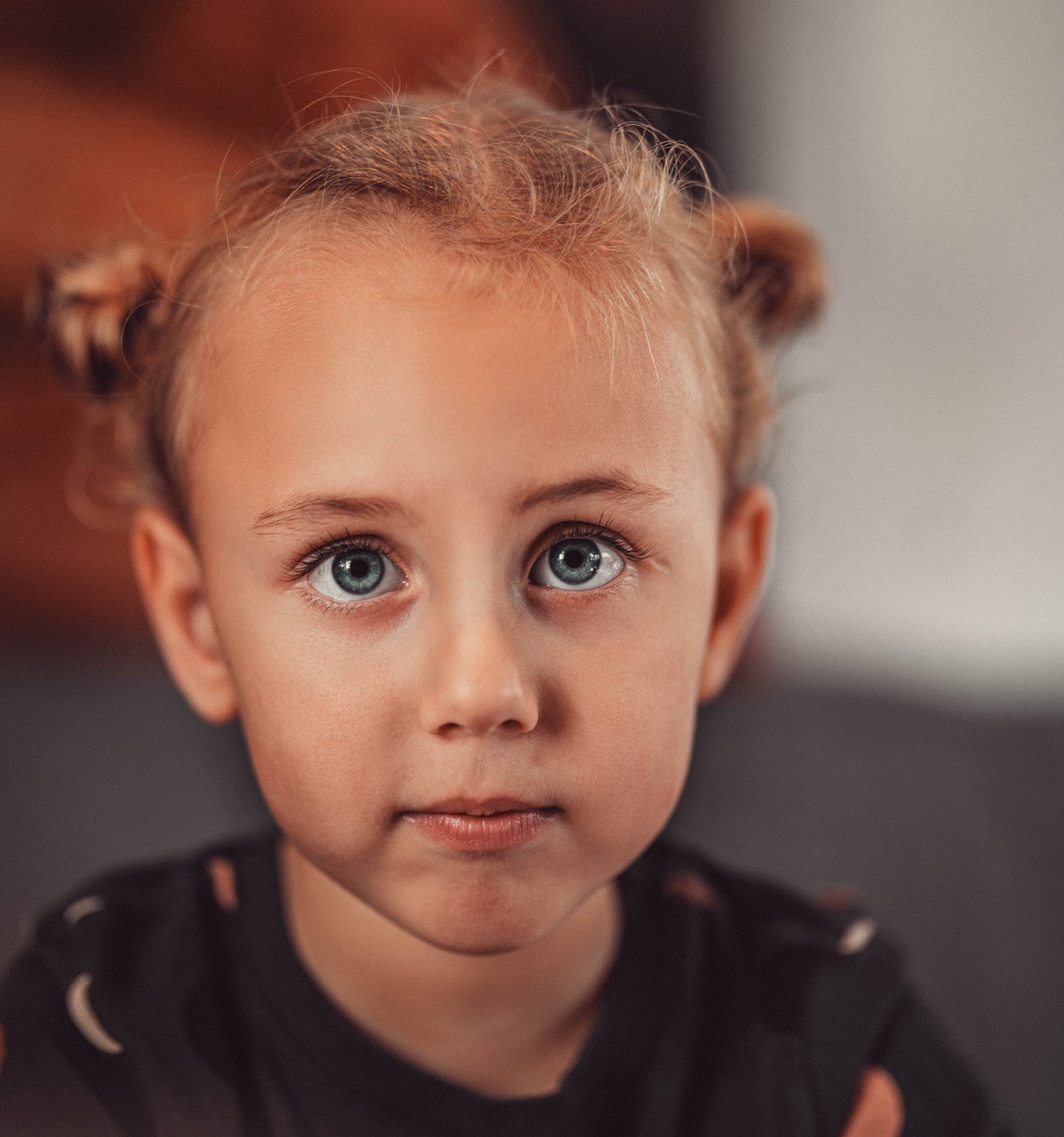


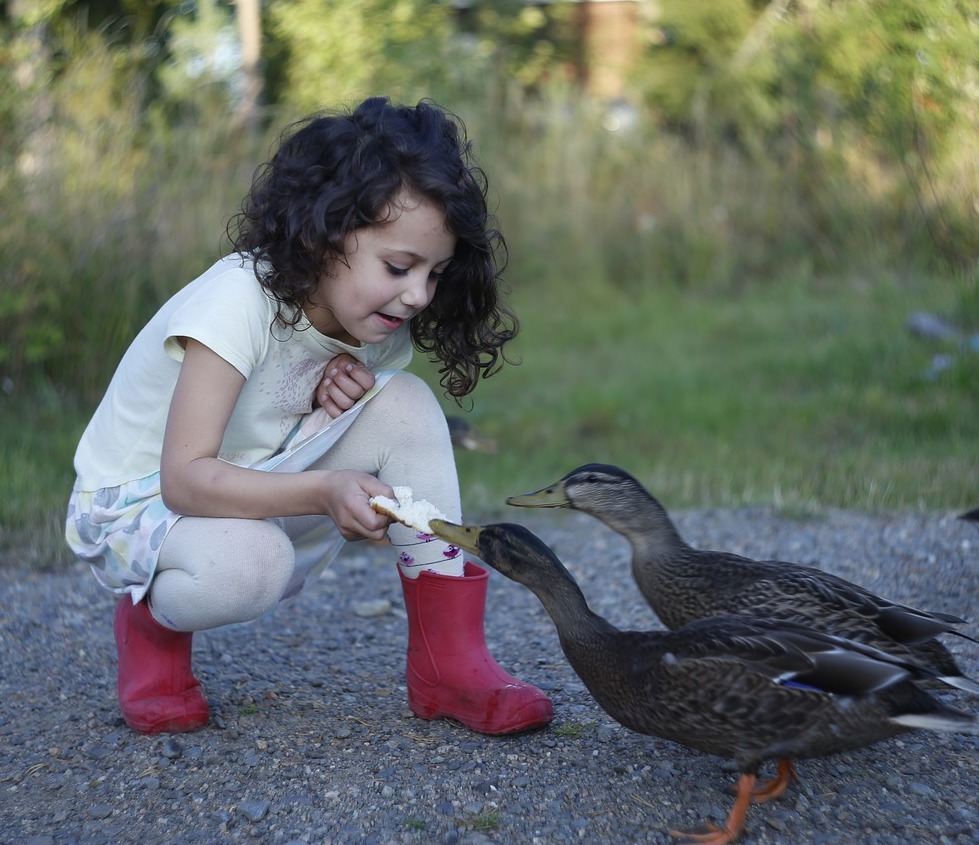
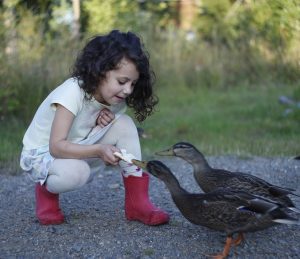 Sensitive children are keen observers of the world, but tend to get overstimulated. They often live intense inner lives and are highly creative, but they are wary of new situations and of people they don’t know.
Sensitive children are keen observers of the world, but tend to get overstimulated. They often live intense inner lives and are highly creative, but they are wary of new situations and of people they don’t know.
 Expressive writing is associated with improvements in physical health,
Expressive writing is associated with improvements in physical health, 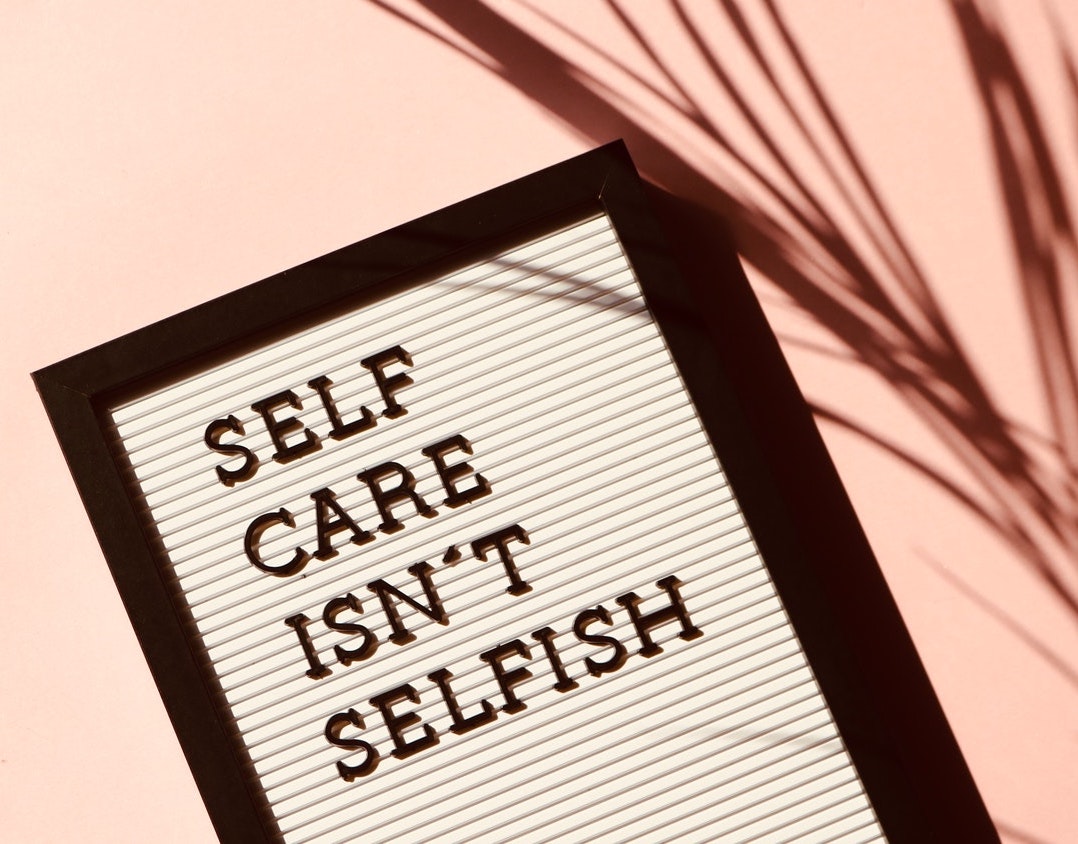
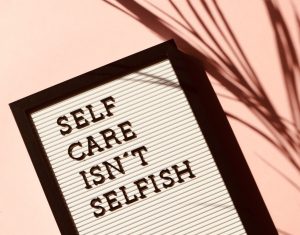 Prioritizing your needs is important, Rachel Wilkerson Miller says, but it’s often easier said than done. “Most people think that is true for everybody who is not them. And they sort of think that they’re the exception to the rule.”
Prioritizing your needs is important, Rachel Wilkerson Miller says, but it’s often easier said than done. “Most people think that is true for everybody who is not them. And they sort of think that they’re the exception to the rule.”
 This year has given many of us a whole new understanding of solitude — whether we wanted it or not.
This year has given many of us a whole new understanding of solitude — whether we wanted it or not.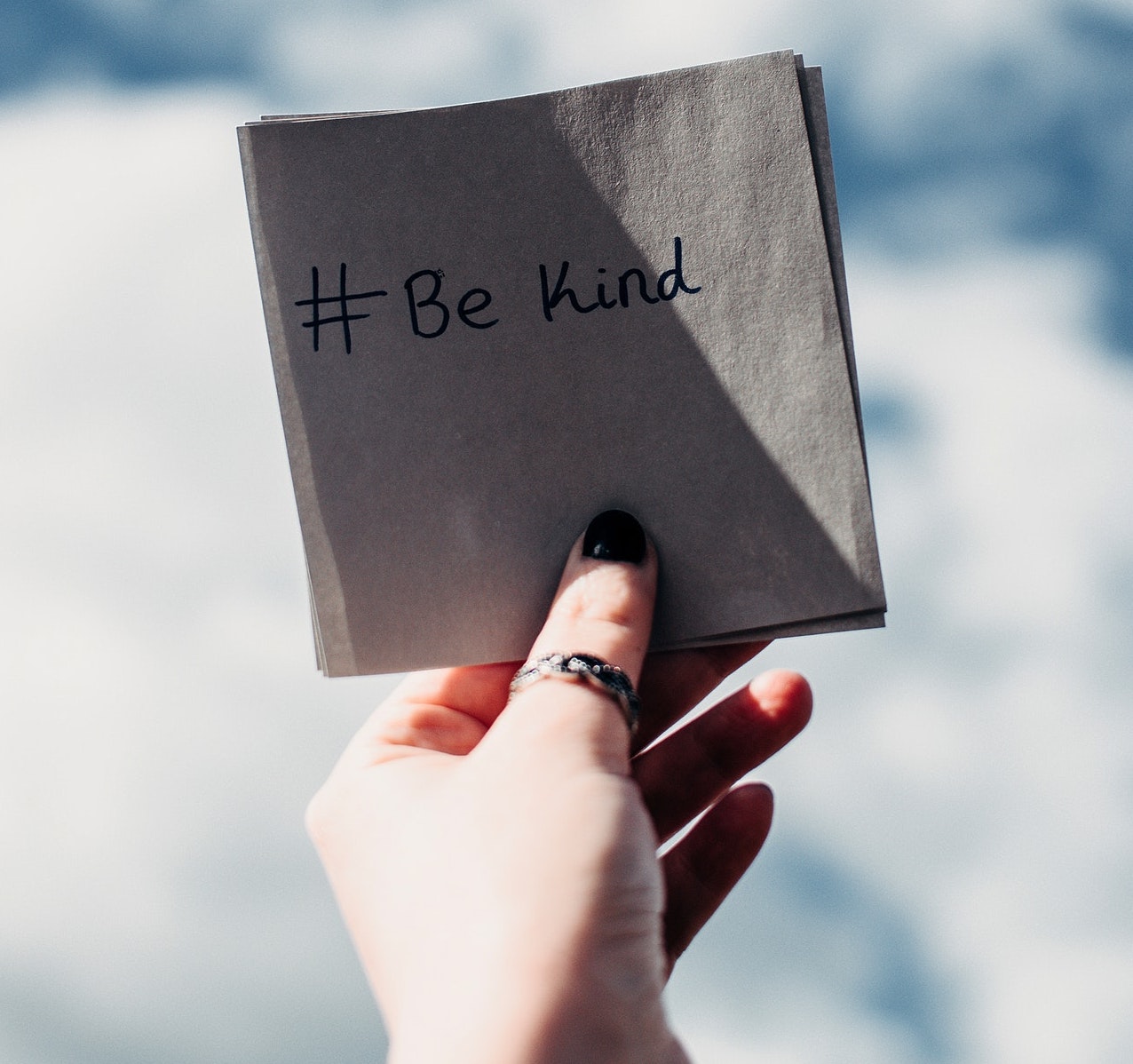
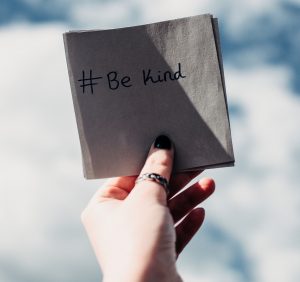 You know that being kind to others is good for the recipient (obviously), but did you know that it’s also good for the giver, too? Yep, that’s right. Being kind to others will improve your mental, emotional and physical well-being.
You know that being kind to others is good for the recipient (obviously), but did you know that it’s also good for the giver, too? Yep, that’s right. Being kind to others will improve your mental, emotional and physical well-being. 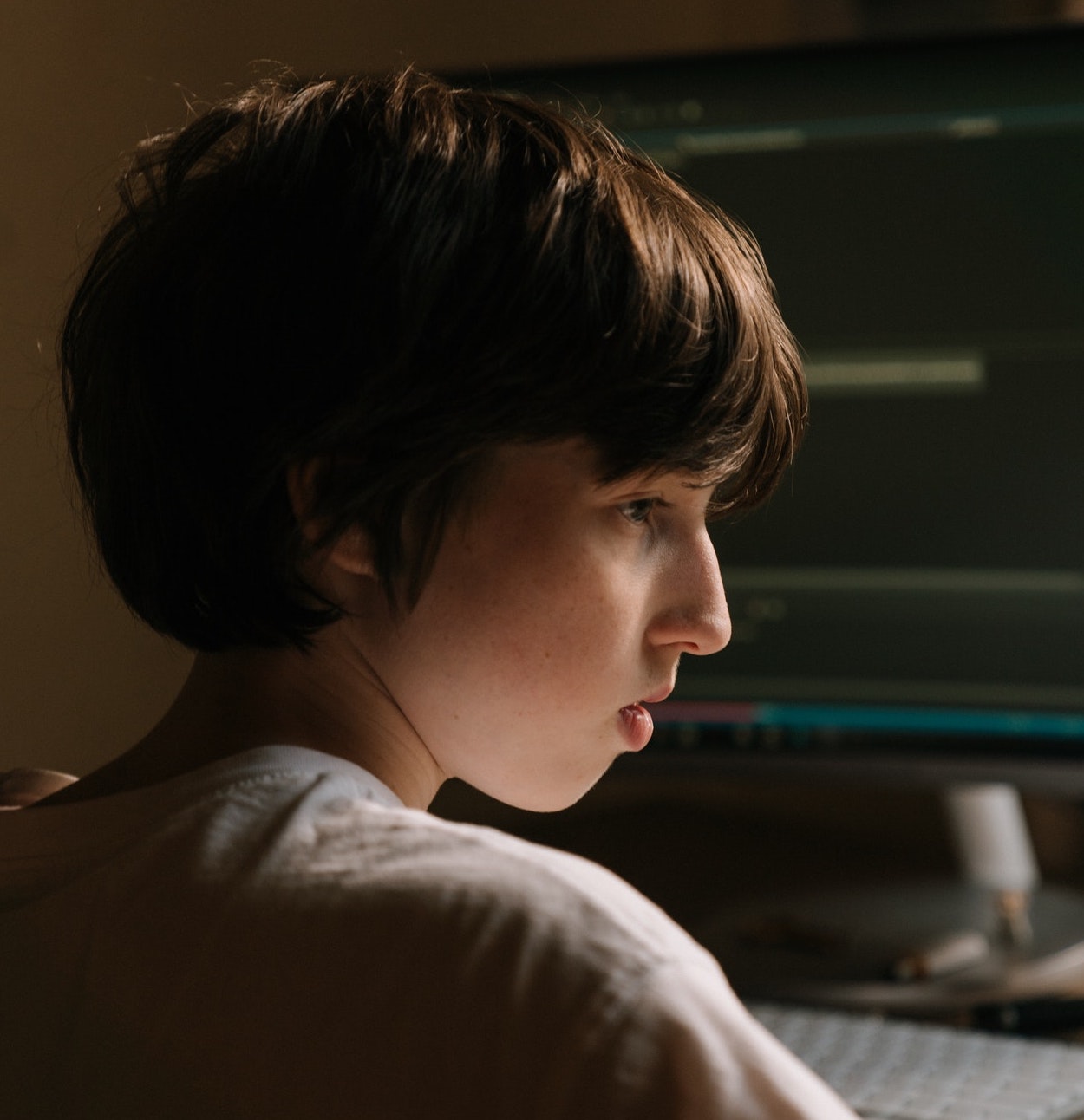
 Missing social contacts and altered routines, disturbed sleep and eating habits can be particularly intense for the kids with developmental challenges.
Missing social contacts and altered routines, disturbed sleep and eating habits can be particularly intense for the kids with developmental challenges. 

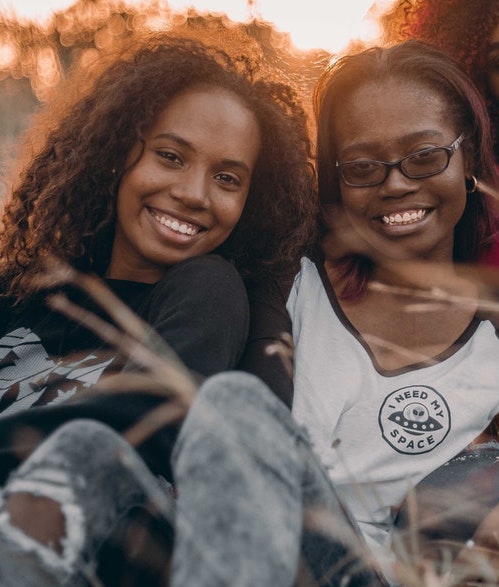
 Positive social connections with people at all stages in life help ensure healthy development, physically, socially, and emotionally. As children transition to adolescence and start to spend less time with parents and siblings, friendships with peers become an increasingly important source of these social connections.
Positive social connections with people at all stages in life help ensure healthy development, physically, socially, and emotionally. As children transition to adolescence and start to spend less time with parents and siblings, friendships with peers become an increasingly important source of these social connections. 

